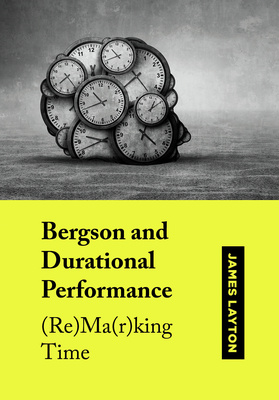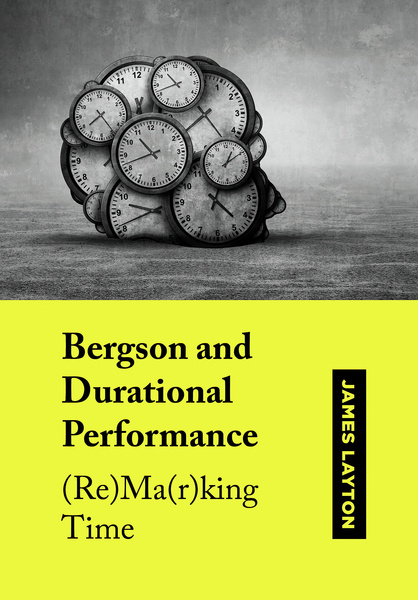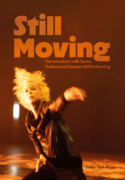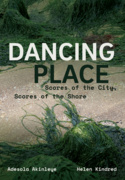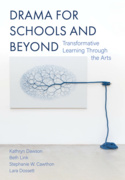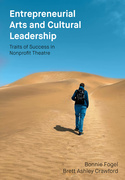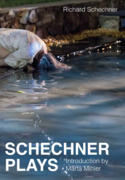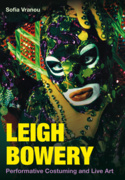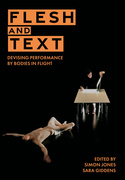Bergson and Durational Performance (Book)
(Re)Ma(r)king Time
Explores the possibility of an alternative experience of time, one that is closer to the pure duration described by philosopher Henri Bergson. Contributes to contemporary performance analysis, philosophy and Bergson studies and examines aspects of immersive and participatory performance, ritual and online performance. 9 b&w illus.
Edition
Humans have always marked time, whether by using the earth's natural rhythms or with the clock. Unlike pre- industrial people, living in an age of social acceleration is dominated by clock-time and network time, presenting many more options than can possibly be achieved in a human lifespan.
This book explores the possibility of an alternative experience of time, one that is closer to the pure duration described by philosopher Henri Bergson. The discussions in this book contribute to contemporary performance analysis, philosophy and Bergson studies as well as exploring aspects of immersive and participatory performance, walking practices, ritual and online performance.
Using durational performances as case studies, the author demonstrates new insights into Bergson’s philosophy alongside key theorists in psychology and anthropology. Through a series of performance analyses, Bergson's philosophy of duration is coupled with ideas from Maslow, Csikszentmihalyi and Victor Turner to speculate on the possibilities available in challenging an experience of the world in which time is short, but the possibility of experience is abundant.
The main audience is an academic and student market. Undergraduate and postgraduate students of theatre studies, performance and the performing arts, doctoral researchers, researchers interested in time and performance, the relationship between performance and philosophy, those with an interest in philosophy, sociology, anthropology, and psychology will all find much of interest.
Potential wider readership in those who are interested in the phenomenon of social acceleration, in performance philosophy as well in Bergson’s philosophy.
James Layton is a lecturer in performance at the University of the West of Scotland. His areas of research interest include time and performance, arts and health and creative pedagogies.
List of Figures
Prologue: 15 April 1912
Introduction
PART ONE
1. Bergson, Pure Memory and Pure Duration
2. Bergson and Durational Performance: Duration, Immersion, Participation, Ritual
3. Durational Performance in a Socially Accelerated Culture: Clock-Time + Network Time = No Time
4. Durational Performance as a Challenge to Smooth Consumption
PART TWO
5. Peak Time: Bergson and Maslow
6. Flow Time: Bergson and Csikszentmihalyi
7. Time Together: Bergson and Turner
8. Hotel Medea: Memory, Duration and Peak-Experience in an Accelerated Culture
9. All These Are the Days My Friends: Duration and Flow in Einstein on the Beach
10. Walking, Communitas, Ritual and Transformation
11. Marking, Making, Remarking, Remaking Time: Bergson and the Future of Durational Performance
Epilogue: A Manifesto for Durational Performance
Postscript: Arriving at the Crack of Dawn for a Plagueground Game Show
Bibliography
Index
'As a practitioner of Dialectical Collaborative Theatre, I find Layton’s study inspiring in its commitment to the exploration of the dialectical tensions of ideology and daily living as a route to ethical, fulfilling participation in society. Layton’s analysis of Bergson’s duration through performance makes this book an excellent starting point for those interested in practical explorations of this philosophy. The book’s structure makes it accessible to undergraduates, postgraduates, researchers, and practitioners looking for new ways to engage with theory as well as to embody a critical appreciation of durational performance. It may also enable those who “have no time” to “make time,” through a complex but rewarding theoretical journey and an honest, intuitive analysis of embodied durational performance, relevant not only to academics and artists, but to anyone concerned with well-being and sustainability.'
'Layton’s world of references is very rich, both in terms of referring to important theorists and disciplines when discussing a particular notion, as well as in terms of associating complex theoretical arguments to everyday contemporary and popular issues. [...] One cannot help but appreciate Layton’s explicit recognition of his and the book’s limitations, his elaborate discussion of what on the surface might appear as paradoxical statements, his step-by-step exploration of very complex ideas, his mastery at defining a clear framework around his discussions and about his approach. Layton’s arguments also offer very accessible insights not only on Bergson’s philosophy but on other issues in contemporary performance as well as on the performances discussed in the second part as case studies. This is a must read for those interested in making or consuming durational performance.'

